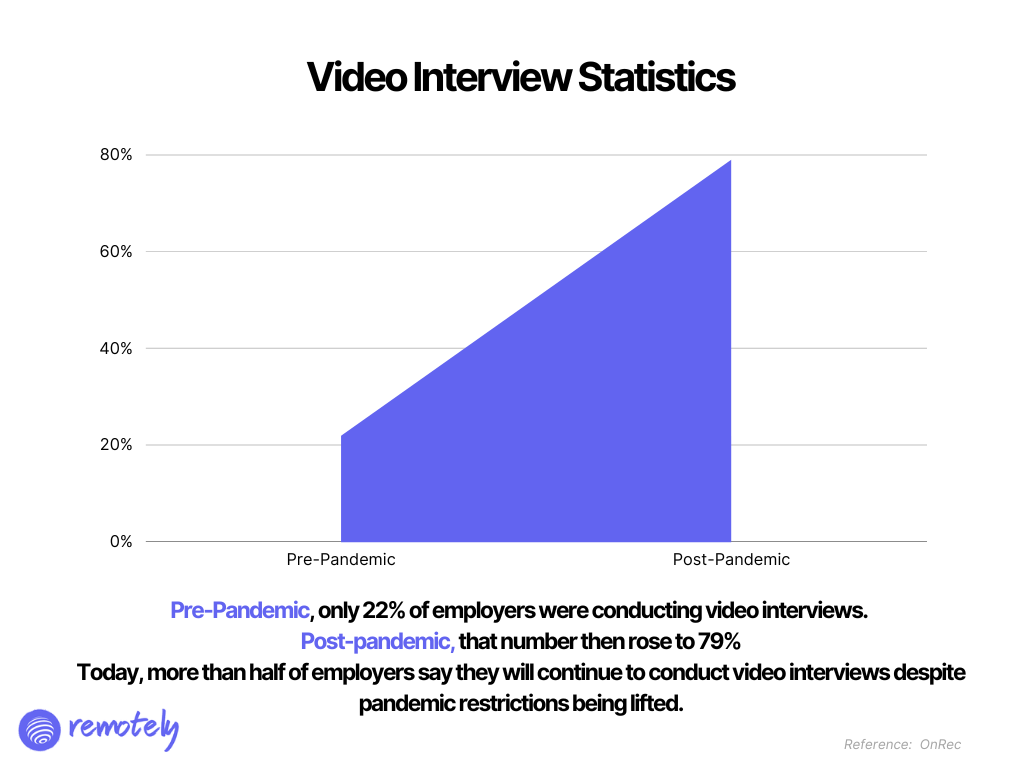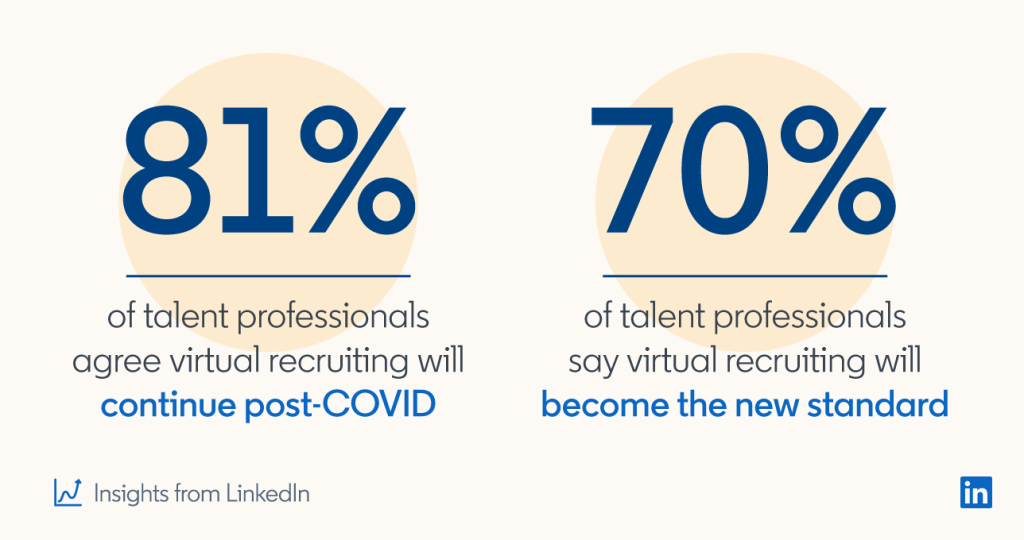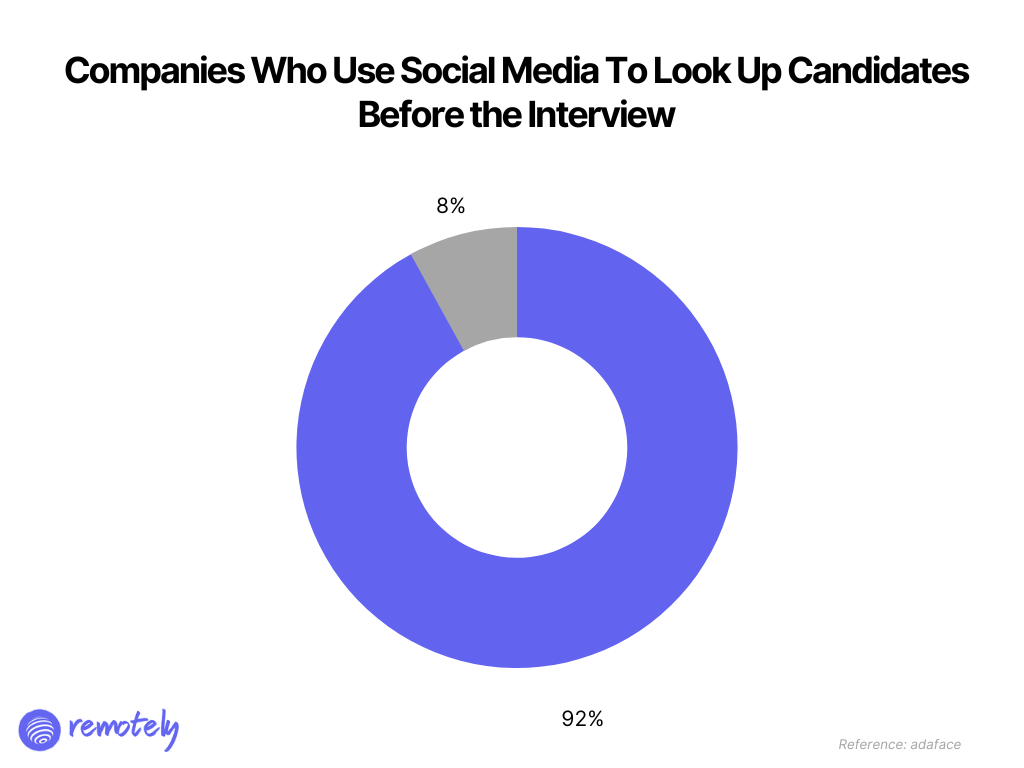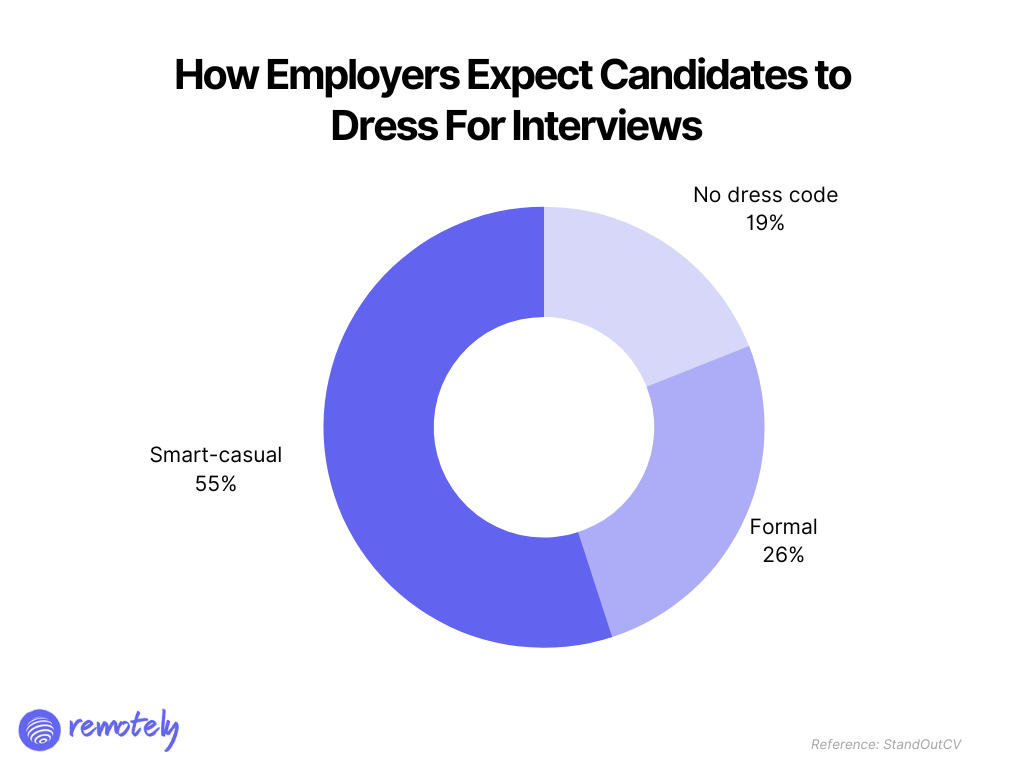Remote Interview Tips: 7 Techniques To Crush Your Remote Job Interview
Updated May 12, 2024 by Axel Grubba
Ready to find a remote job?
Or expand your remote business?
Securing a job interview still requires the same steps: scoping out the job market, crafting and submitting an excellent resume and cover letter, and waiting patiently by phone for a call.
We all know what happens next. The company’s HR team will schedule an interview if your application is successful. But, because on-site interviews are becoming a thing of the past, your meeting is now more likely to happen remotely, even for hybrid positions that mix both remote and on-site work.
 Source: OnRec
Source: OnRec
Now, even for the most confident of candidates, in-person interviews can be anxiety-inducing. And remote interviews can be even worse. Given that virtual interview processes are still relatively new, navigating through unfamiliar territory can take some time. Because we specialize in connecting job seekers with leading remote-friendly companies, it only makes sense for us to share our insider insight on how you can ensure a great remote interview.
In this article, we’ll provide seven tips on crushing your remote job interview and making a great impression on your interviewer. Let’s get started.
What is a remote interview?
Acing a remote interview requires understanding exactly what it is and looking at the ins and outs of the process.
Fundamentally, a remote interview is an interview that is conducted virtually or over the phone rather than in person. This means that the interviewer and applicant are in different locations and communicating via technology.
 Source: Linkedin
Source: Linkedin
In response to the Covid-19 pandemic, remote workers and remote interviews have become much more commonplace, especially in the initial stages of the recruitment process. And with 82 percent of hiring managers currently using virtual interviews, it’s clear that this trend is here to stay.
Types of remote interviews
With virtual collaborations becoming the status quo, it’s essential to understand the different types of remote interviews you might encounter. Let’s examine the most common types:
- Video interviews – Video interviews are conducted through video conferencing platforms like Zoom, Skype, or Google Meet. The interviewer and interviewee can see each other in real-time and communicate as if they’re in the same room.
- Telephone interviews – These interviews are conducted over the phone and are often used as a preliminary screening tool before moving on to the next stage of the interview process.
Why are remote interviews becoming the norm?
No matter how you slice it, digital interviews are becoming the new normal. Even so, the end goal remains the same. Here are a few reasons why the remote interview process is taking off:
Modern hiring process
The modern hiring process is evolving to incorporate remote interviews as an essential piece of the puzzle. Currently, companies are optimizing and streamlining their hiring process in response to the popularity and benefits of remote interviews.
And with statistics showing that 79 percent of employers are now conducting video interviews, it’s a process that’s showing no signs of slowing down.
Additionally, remote interviews are more convenient for interviewees as they can participate from the comfort of their own homes rather than agonizing over travel details.
Influenced by the pandemic
The COVID-19 pandemic supercharged the shift toward remote interviews in the hiring process. By adhering to social distancing measures, remote work became the norm, and companies had to shift toward remote interviews to hire new employees.
Not only did this keep participants safe, but it also led to companies discovering new and innovative ways to screen and interview candidates remotely. With research showing a significant increase in video interviews post-pandemic, remote interviews show no signs of slowing down.
More candidate data with less work
Remote interviews allow for a more efficient collection of candidate data. In traditional, face-to-face interviews, interviewers have to manually record candidate answers and digitally transfer the info once the interview has finished.
With remote interviews, companies can collect candidate data with a single push of a button. AI tools and transcription software make reviewing interviews as easy as pie, as interviewers spend less time on administrative tasks and more time focusing on candidate responses.
 Source: Adaface
Source: Adaface
Another advantage of recording remote interviews is they can be shared with people within the company, allowing for a more comprehensive evaluation.
How to prepare for a remote interview
As more and more companies are offering fully remote positions, it’s crucial to excel in your virtual interviews to stand out. Start with the following actionable tips:
1. Choose your location well
While choosing an appropriate location for your remote interview seems straightforward, it’s often overlooked. Whether it’s a video or phone interview, your setting should be as quiet as possible. Not only will this reduce background noise, but it ensures clear communication.
Your location should be free from distractions so you stay focused and on point. Additionally, make sure it’s a professional setting. A clean background with natural lighting will improve your footing. You can’t go wrong with a background that includes bookshelves or artwork either.
Alternatively, open your video platform settings and blur your surroundings.
2. Test your video interview setup
While remote interviews mean you no longer have to worry about travel, other concerns may pop up. Not only do you have to consider your answers, but you need to think of your technical setup as well.
Be sure to test your equipment and internet connection before the actual interview. This will help identify any potential issues before the interview, rather than during. Better still, familiarize yourself with the tools so you won’t make any embarrassing mistakes during the interview.
Using an AI video software can help you refine your presentation and communication skills in front of the camera before the actual interview. While preparing, it's essential that you make sure your message is clear and easy to understand. Adding subtitles can be helpful, especially if there's potential for connectivity issues; your key points will still get across if the audio gets choppy.
Make sure your device is fully charged or plugged in, and test your camera and microphone. If you have experienced drops in your connection in the past, try a wired connection to be on the safe side. If possible, consider conducting a test run with a friend.
3. Make a lasting impression through your attire
Statistics show that you only have seven seconds to make a great first impression, and remote interviews are no different. To ensure a smooth conversation, treat your remote interview like an in-person interview.
 Source: StandOutCV
Source: StandOutCV
Remember that professionalism is critical. So even if you’re in your living room or home office, business-appropriate attire will convey professionalism and increase your confidence. It demonstrates you have thought about your appearance for the interview.
4. Research the company and its culture
Nowadays, strategic interview questions play an integral role in the interview process. These questions are geared toward your personality and overall fit within the company, so demonstrating your value should be high on your list.
To do this, start by researching the company’s mission, vision, and values. Comb through their website, social media, and blog pages so you can sell yourself on how well you align with their values.
By doing your research, your answers will be more relevant to the company’s vision. This will showcase your enthusiasm and foresight, especially as 47 percent of interviewers say they wouldn’t choose a candidate who has little knowledge of their company.
5. Body Language
In remote interviewing, body language plays a crucial role in making a positive impression. The trouble is, experts say nonverbal communication makes up around 70 to 93 percent of all communication. So virtual interviews need a little boost.
To counteract this, make sure to smile and nod when the interviewer is speaking. This will show them you’re engaged and invested in the conversation. Additionally, focus your gaze on the camera when they’re talking as this will replicate eye contact.
In addition to body language, create a comfortable atmosphere with the interviewer by speaking slowly and calmly. Try to minimize talking over one another.
6. Review your recent accomplishments and successes
Demonstrating your value to an interviewer is a central aspect of the remote interview process, especially as nonverbal cues are limited. As a potential candidate, it’s essential to showcase how your skills and experiences align with company values.
More importantly, highlighting your accomplishments will help set you apart from others and make a strong case for your hiring. So feel free to keep interview aids at hand, but if you do need to use them, try not to sound too robotic (the Terminator might not go over well with interviewers).
7. Stay in touch
Once your interview has finished and you’ve breathed a huge sigh of relief, take some time to relax and reflect.
But as we mentioned above, your goal is to stand out from the crowd, so send the interviewer a thoughtful and personalized email after your interview has finished, thanking them for their time and reiterating your interest in the position.
If you haven’t heard back within a few days, consider writing a follow-up email to stay in the picture. Trust us, the interviewer will appreciate your enthusiasm.
The ball’s in your court
As remote work becomes more prevalent, virtual interviews have gone from a luxury to a necessity. And while they’re treated the same as in-person interviews, there are some major differences you need to prepare for.
But don’t worry, with the tips and guidance provided in this article, you’ll be crushing your remote interviews in no time. So if you’re looking for a remote job, here at Remotely we’re dedicated to helping job seekers like you. Check out our remote tools page to get started.